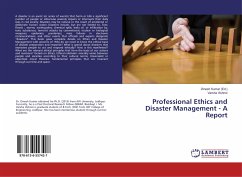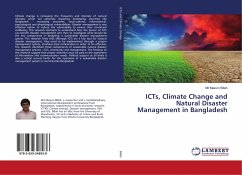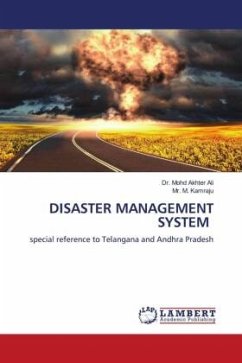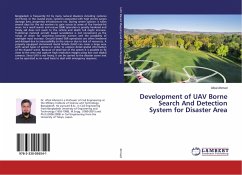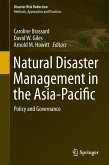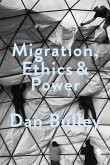A disaster is an event (or series of events) that harm or kills a significant number of people or otherwise severely impairs or interrupts their daily lives in civil society. Disasters may be natural or the result of accidental or deliberate human action. Disasters include, but are not limited to, fires; floods ; storms; earthquakes; chemical spills; leaks of, or infiltration by, toxic substances; terrorist attacks by conventional, nuclear or biological weapons; epidemics; pandemics; mass failures in electronic communications; and other events that officials and experts designate "disasters". This book gives complete details on Ethics and Disaster Management with answers of: Why do we need to know the ethical basis of disaster preparation and response? What is special about disasters that motivates people to act and respond ethically? How is this manifested? What are the relevant ethical principles that form the basis of our actions and reactions? Details on Ethics, Ethical relativism: morality varies between people and societies according to their cultural norms; Universalist or objectivist moral theories: fundamental principles that are invariant through out time and space.
Bitte wählen Sie Ihr Anliegen aus.
Rechnungen
Retourenschein anfordern
Bestellstatus
Storno

